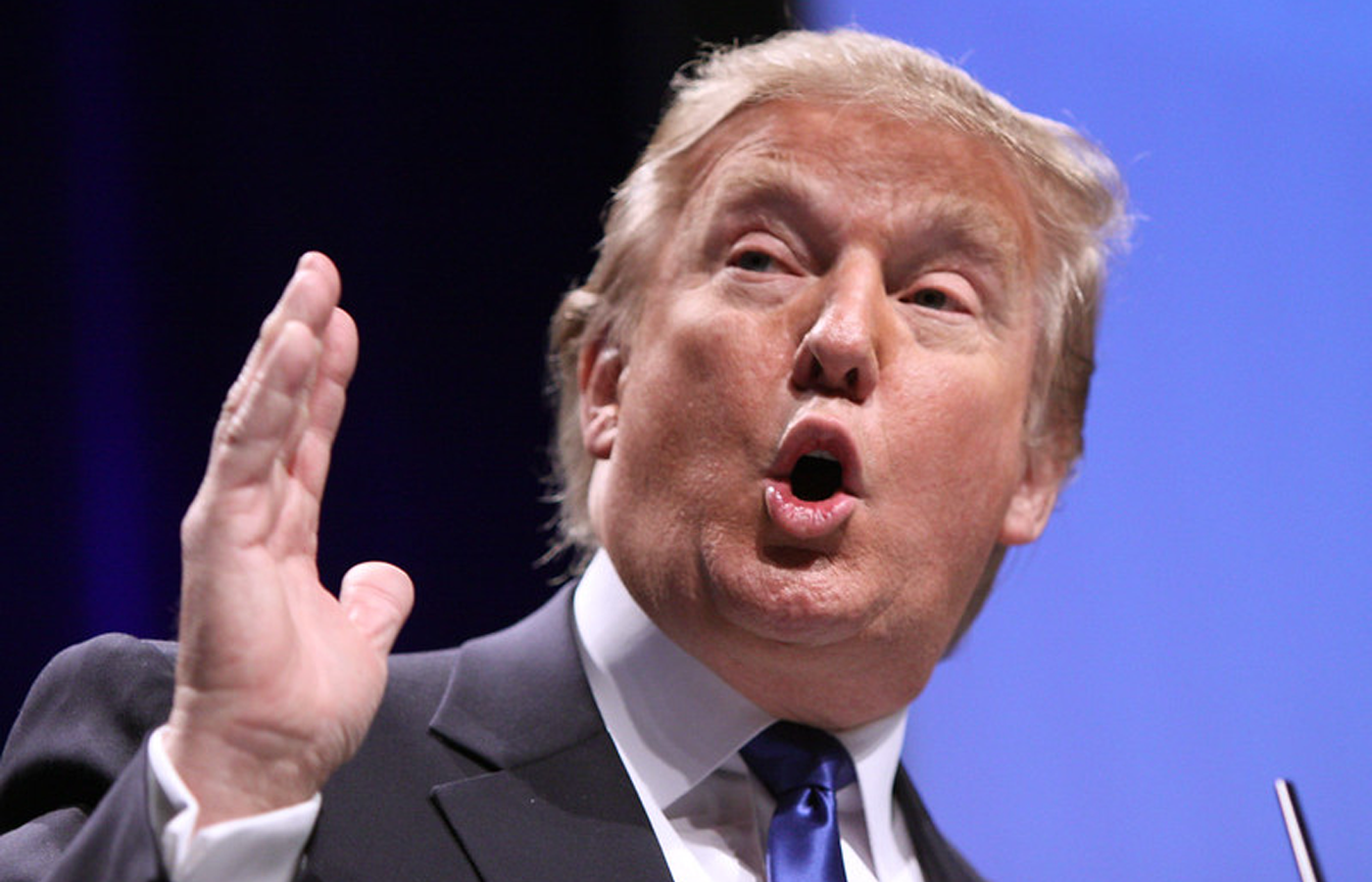U.S. President Donald Trump and his team have stated that the reciprocal tariff exemptions on electronic products are temporary. The administration excluded smartphones, computers, semiconductors, and other tech items from the 125% tariff on Chinese imports on April 11.
Trump said his team is taking a look at the “whole electronics supply chain” as part of upcoming tariff investigations in a post shared on Truth Social. “NOBODY is getting “off the hook” for the unfair trade balances, and non monetary tariff barriers, that other countries have used against us,” he wrote. “Especially not China which, by far, treats us the worst!”
This sentiment was echoed by Commerce Secretary Howard Lutnick who, on April 12, said that specific semiconductor tariffs would be coming in one or two months’ time. “These are things that are national security that need to be made in America,” he said in an interview with ABC.
SEE: Were the White House’s Tariffs Calculations Done By AI?
White House signals flexibility for key tech firms
On April 13, Trump confirmed to reporters that he would be announcing the bespoke semiconductor tariff in the “very near future,” according to CNN, similar to other product-specific tariffs on aluminium, steel, and auto components. But he also said that some “flexibility” would be granted to specific companies in the sector, such as Apple.
Exclusions to Trump’s tariffs for certain tech products were revealed in updated guidance from the US Customs and Border Control. It confirmed that the likes of memory cards, hard drives, motherboards, and servers would be excluded from the 10% global baseline tariff nor to the larger reciprocal tariffs imposed on countries with which the US has a trade deficit.
China’s Ministry of Commerce described the exemptions as “a small step toward correcting its erroneous unilateral practice of ‘reciprocal tariffs’,” in a statement to state news outlet China Daily. However, tech products from China are still subject to the 20% tariff imposed to penalise Beijing for its failure to curb the export of fentanyl, as confirmed by White House Deputy Chief of Staff on Policy Stephen Miller on X.
Karoline Leavitt, the White House press secretary, has indicated that the exemptions are to provide temporary relief to tech companies as they transition manufacturing operations to the States. “These companies are hustling to onshore their manufacturing in the United States as soon as possible,” she said in a statement to the BBC.
Experts skeptical over short-term exemption impact
Nevertheless, experts say a few weeks of exemptions are unlikely to make a difference when it comes to onshoring semiconductor production. “While chip manufacturing in the US is announced, those plants will not start delivering before 2027,” Mark Moccia, VP and Research Director at Forester, told TechRepublic in an email.
He added: “US CIOs should plan to boost AI project budgets, as previously allocated budgets will likely not suffice to continue these projects at their current pace.”
Trump’s tariffs have damaged tech giants’ value, and are likely to result in price hikes for American consumers
Reciprocal tariffs for a number of countries were set to take effect on April 9, but Trump granted a 90-day reprieve for most of them. This was expected to have a positive impact on the stock value of the likes of Apple and NVIDIA, which took heavy blows when the tariffs were first announced.
However, he imposed a 104% tariff on Chinese goods, later raising it to 145%. Beijing has retaliated with a 125% tariff on imports from the US, but will “ignore” any further hikes as they have “no practical economic significance,” according to its Commerce Ministry.
These tariffs are expected to significantly impact Apple, which manufactures most of its devices in China, as do most other tech and AI companies. Tech analyst Dan Ives estimated a Chinese-made device that sold for about $1,000 would cost $3,500 if made in the US, a price point that many consumers may be unable to afford.
Source link
